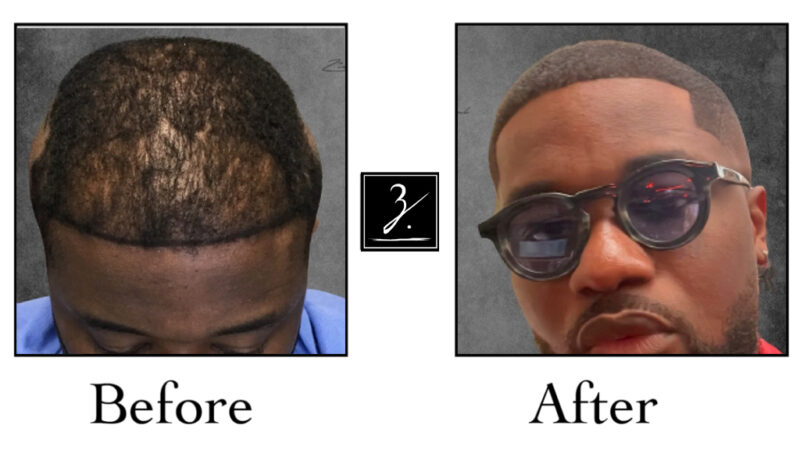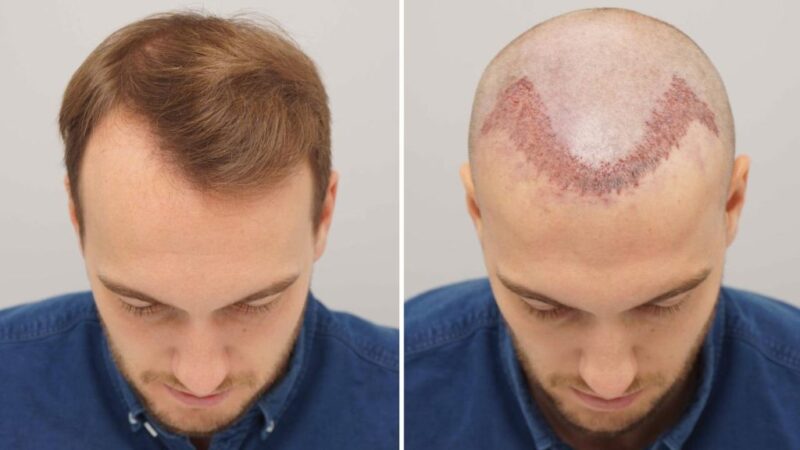Why You Need a BPH Problems Consultation

Do you suffer from Benign Prostatic Hyperplasia (BPH)? If so, then you may benefit from a BPH Problems Consultation. BPH is a condition that affects millions of men and can cause difficulty urinating, frequent nighttime urination, weak or interrupted flow of urine, and urinary urgency. A BPH Problems Consultation with a medical professional can help diagnose your condition and provide the best treatment plan for you. This post will discuss why it is important to seek out a BPH Problems Consultation.
What is BPH?
Benign Prostatic Hyperplasia (BPH) is a non-cancerous enlargement of the prostate, typically occurring in men over the age of 50. As the prostate grows, it can press against the urethra and cause uncomfortable symptoms such as difficulty urinating, frequent nighttime urination, weak urine stream, and incomplete bladder emptying. BPH is caused by the adenomaprostate cells that make up the prostate continuing to multiply and grow. This overgrowth of cells causes the prostate to enlarge and can lead to significant discomfort and even health problems if left untreated.
The risks of untreated BPH
When BPH is left untreated, it can lead to serious and even life-threatening complications. As the adenomaprostate continues to enlarge, it can interfere with the flow of urine from the bladder, leading to bladder stones, incontinence, and bladder infections. Over time, these issues can cause damage to the kidneys, leading to kidney failure.
Also, if the adenomaprostate grows too large, it can completely block the flow of urine from the bladder, leading to a condition called urinary retention. This requires immediate medical attention and may require a catheter to help release the pressure from the bladder. In rare cases, prolonged obstruction of the urinary tract can cause irreversible damage and put you at risk for bladder cancer.
For these reasons, it’s important to have a BPH Problems Consultation as soon as possible if you are experiencing any symptoms of BPH. Early diagnosis and treatment can help prevent any long-term complications and help you live a healthier life.
What happens during a consultation?
When you visit your doctor for a BPH Problems Consultation, they will assess your condition and determine the best course of action. Your doctor will ask you questions about your symptoms and perform a physical exam. They may also order tests such as an ultrasound or blood test to get a better picture of your prostate health. During the consultation, your doctor may use a digital rectal exam to look for signs of an enlarged prostate or adenomaprostate. They may also ask you to provide a urine sample to test for signs of infection. With this information, your doctor can decide if you need any treatments or lifestyle changes to manage your symptoms and reduce the risk of further health problems.
How can BPH be treated?
BPH can be treated through a variety of methods. The most common treatments for BPH include lifestyle modifications, medications, and minimally invasive procedures.
Lifestyle modifications involve changing habits and behaviors that may contribute to BPH, such as avoiding alcohol and caffeine. These changes can help improve symptoms, but they don’t usually cure the problem.
Medications used to treat BPH include alpha blockers, which relax the muscles of the bladder neck and prostate, and 5-alpha reductase inhibitors, which reduce the size of the prostate. The medications are usually taken orally and can be used in combination with lifestyle changes to improve symptoms.
Finally, minimally invasive procedures can also be used to treat BPH. These include transurethral resection of the prostate (TURP), laser therapy, and microwave therapy. These treatments are typically performed in a hospital setting under general anesthesia and can have shorter recovery times than more invasive surgeries.
Overall, the best treatment for BPH will depend on your individual symptoms, medical history, and preferences. Talk to your doctor about the risks and benefits of each treatment option to determine which one is best for you.




